Blog Posts

Types of Vehicle Service Contracts
Like all "insurance products", purchasing a Vehicle Service Contract offers you the comfort of knowing you and your family have something to fall back on in the event of a loss. Vehicle Service Contracts help safeguard every part and component of your vehicle , ensuring you never have to worry about the cost of unexpected repairs. That said, not all warranties are created equal.
Technology when you want it. People when you need them.
Technology has brought about remarkable advancements that have changed our lives for the better. The world has never been so connected. We can effortlessly stay in touch with loved ones on the other side of the planet. We can order just about anything and have it arrive at our doorstep in less than 2 days time. Surprisingly, even complex tasks such as securing loans, obtaining insurance, and purchasing homes can now be accomplished from the comfort of our own couches.
Stay up to date with Car Protection trends
The automotive industry is constantly evolving, and with it, so does the world of vehicle protection. Consumers today are looking for more affordable premiums, personalized coverage, and self-service options. As technology continues to transform the driving experience, the insurance industry is also keeping up with the changes. Here are some of the current car protection trends that are shaping the future of the industry: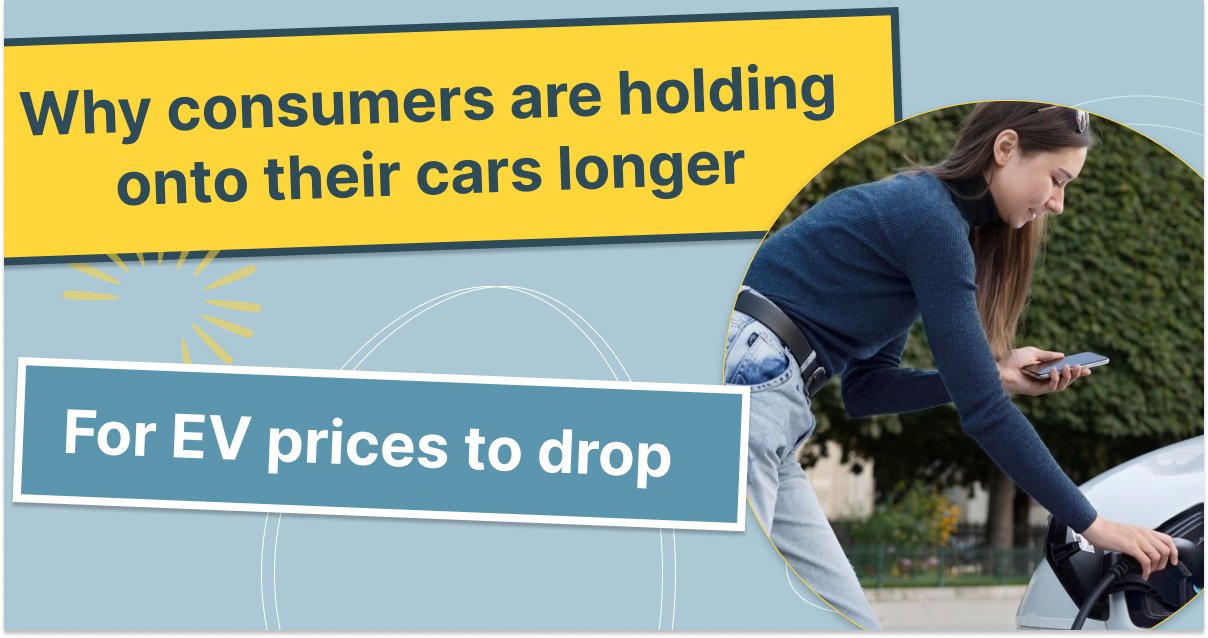
Why Consumers are Holding onto Their Cars Longer for EV Prices to Drop
The electric vehicle (EV) revolution is well underway, but many consumers are still clinging to their trusty gas-guzzlers. While there's a growing appetite for EVs, the prices of these eco-friendly alternatives can be a barrier to entry for some. This has led to a trend of car owners holding onto their current vehicles longer, patiently waiting for the day when EV prices drop to more affordable levels. Let's dive into the reasons behind this trend and how it could impact the future of the automotive industry. While you’re waiting for that price drop on the new Tesla truck, make sure you’re covered on repair expenses with CarmaCare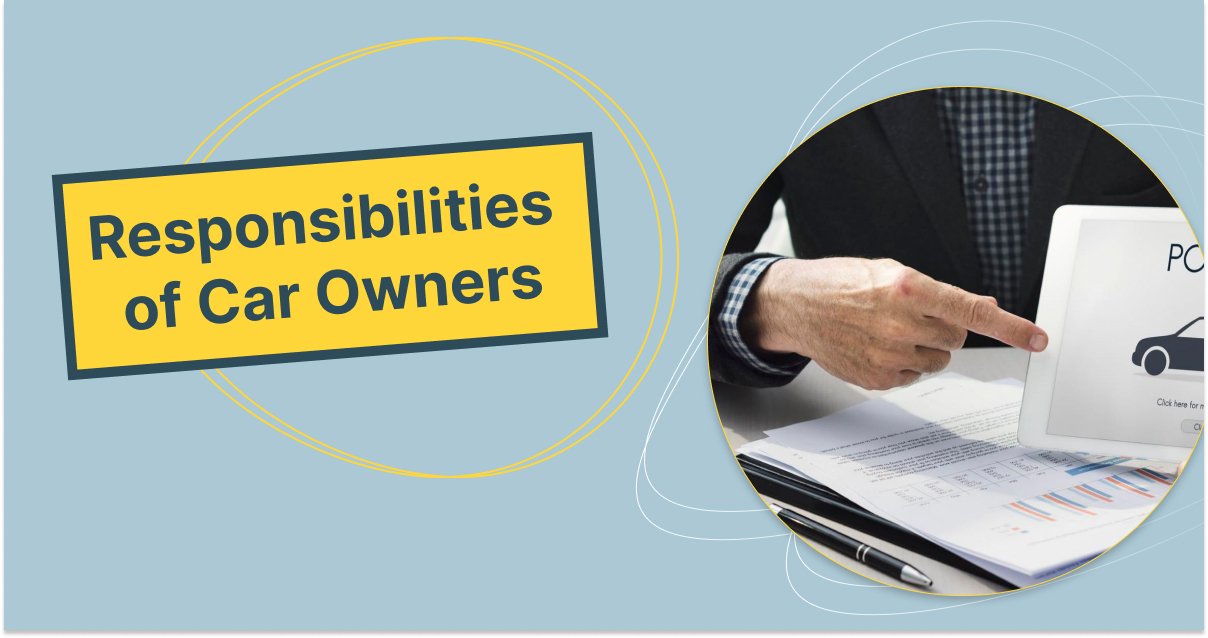
Responsibilities of a Car Owner Looking to Save at Repair Shops
As you may already know, extended car warranties have a bad reputation. One of the primary drivers of this is extended car warranty providers denying customer claims when a customer expects a payout. Oftentimes, these claims are denied because a customer did not know what they were responsible for. In this article, we will discuss 2 main responsibilities you, the customer, have, as well as, 2 tips for you to follow so that your claim is never denied by a claims adjuster.
The 300k club: Drive Your Car to Infinity and Beyond!
Let's face it, our cars are like our second home, or even like our babies, and we want them to have a long and healthy life. In fact, data shows that the average American keeping their cars longer than they ever were before! So buckle up, grab a seat and let's get your car into the 300k mile club.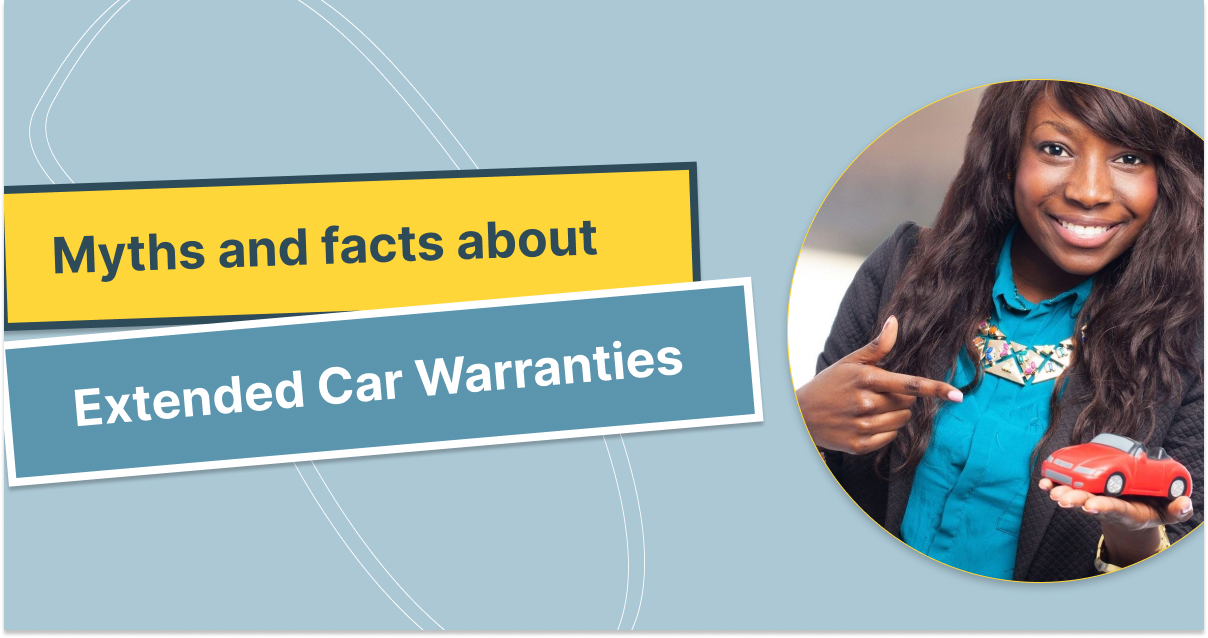
Myths and Facts about Extended Car Warranties
At the heart of every car owner's journey lies a precious investment - their vehicle. Your beloved car deserves protection, and we're here to explains the facts. Extended warranties, or "mechanical breakdown coverage", offers you a safety net, covering repair expenses after your initial warranty expires. Let's embark on this journey together to ensure you make the best choice.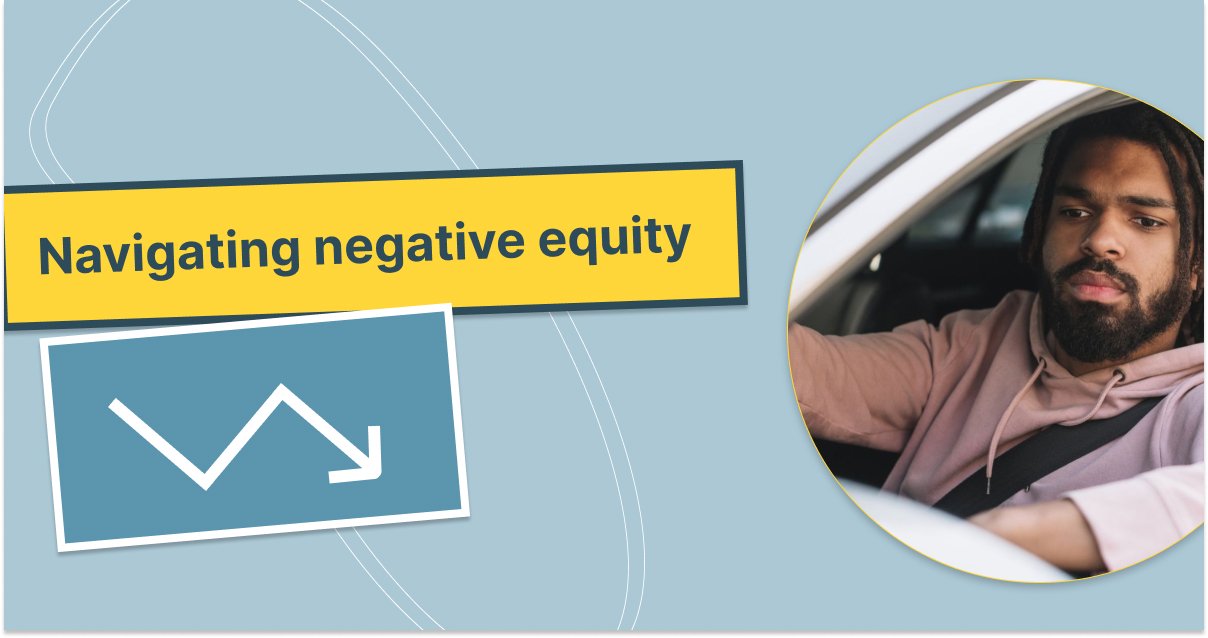
Navigating Negative Equity, How CarmaCare Can Save The Day
For many car owners, the thought of being in a "negative equity" situation is daunting. This occurs when the outstanding balance on your car loan is higher than the current market value of the vehicle. In a market where interest rates are sky high, and vehicle's are more expensive than ever, negative equity has become a major cause for concern. In this article, we will explore the benefits of having a CarmaCare plan and how it can support you in navigating negative equity.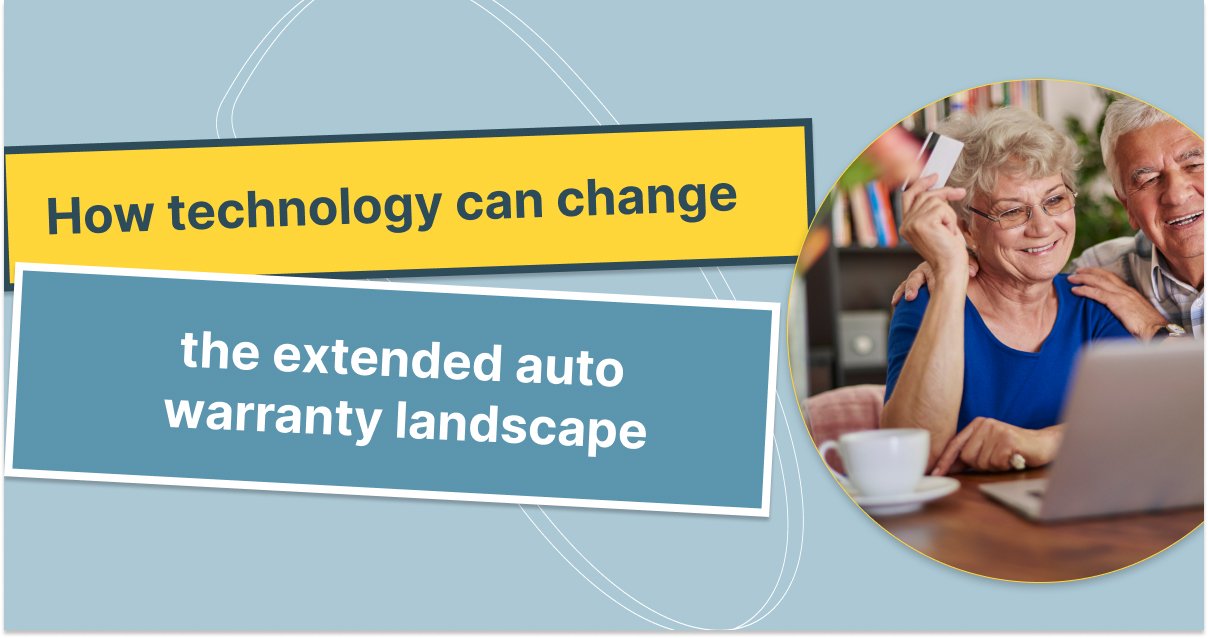
How Technology Can Change the Extended Auto Warranty Landscape
We are under no illusion that the auto extended warranty has at best a shady reputation and is at worst a flat out scam. While the purpose of this article isn’t to talk about extended warranty providers in the auto space, we did want to provide a guide for what to look out for when shopping for mechanical breakdown protection. Some innovative ways CarmaCare is using technology to disrupt the VSC space Leveraging data for better risk based pricing to get positive selection in an industry that typically sees adverse selection Smart recommendations letting you know when it’s time for a routine maintenance and best upkeep practices Telehealth services for your car, never get taken advantage of at the repair shop Identify when a vehicle may need a repair to help you be proactive with your vehicles long term care Stripping out infrastructure costs and passing those savings through to the consumer The industry is analog and antiquated The VSC market was created by car dealers for car dealers as a way to increase revenue. This product wasn’t created putting the consumer first which is evident on several websites that won’t even allow you to get a quote online. Your phone lights up with robocalls as soon as you enter your contact information and it’s been a black eye on the industry. Our research with more than 50 car owners, surfaced frustrations about a lack of convenience and antagonistic sales tactics used in the industry. Both of these are evident, as most extended warranty websites won't allow you to get a quote online, and target you with robocalls shortly after entering your contact information." They forget they are in the claims paying business Too many consumer reports suggest that many VSC companies will go above and beyond not to pay a claim, we think the industry is completely upside down with this mentality. We sell a mechanical breakdown protection plan, collect premiums with the expectation we will pay claims in a timely manner with our customer’s best interest front and center. We also focus heavily on educating our customers around the claims process and what to expect. The legacy model focussed on super high margin and low volume is dead Traditional car dealers have a hard time understanding the true size and scale of the internet, we feel the same for a lot of 3rd party providers. They charge mark ups of 250%+ vs. focusing on providing a lower price point and attracting more customer subscriptions each month. Lower price points also lead to lower churn and increased repair velocity in the service drive. Transparency This industry has been of the mind set that they shouldn’t provide all the details to the consumer as it would result in highlighting some of the downside of the business model. This is completely false and translated to a lack of trust online. We plan on teaching consumers exactly what they will have covered, what’s not covered and how to use the product to get the most of their subscription. To summarize, CarmaCare is focussed on Digital end to end purchasing funnel We are in the business of paying claims Subscriber growth vs. margin Real time customer surveys and feedback Fully transparency around coverage, claims and potential cost savings We are the first to bring the concept of “Healthcare for Your Car” to Market and have some very unique proprietary features around pricing and positive selection.- 1
- 2
